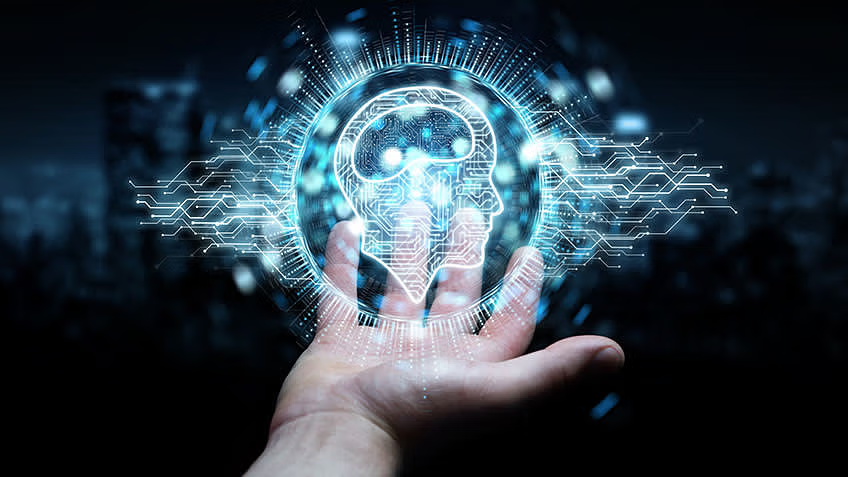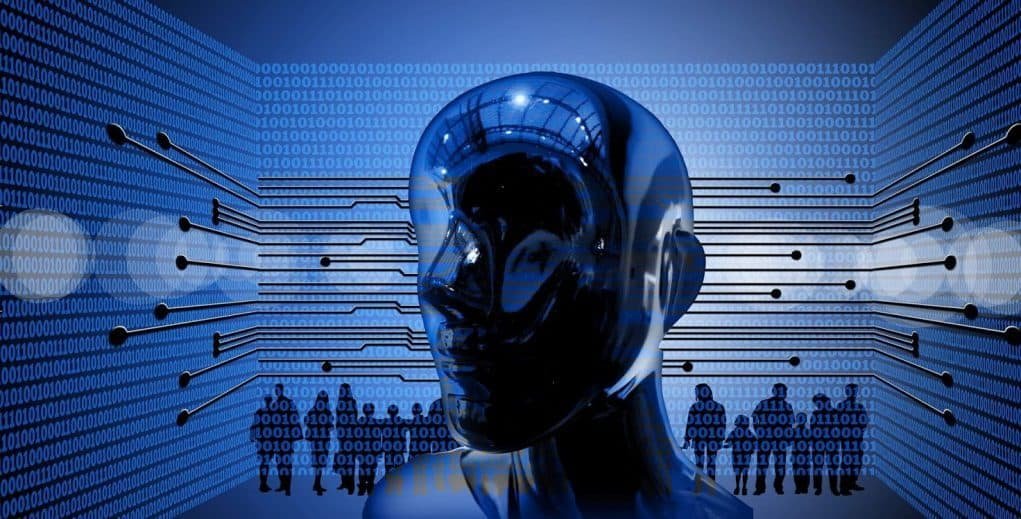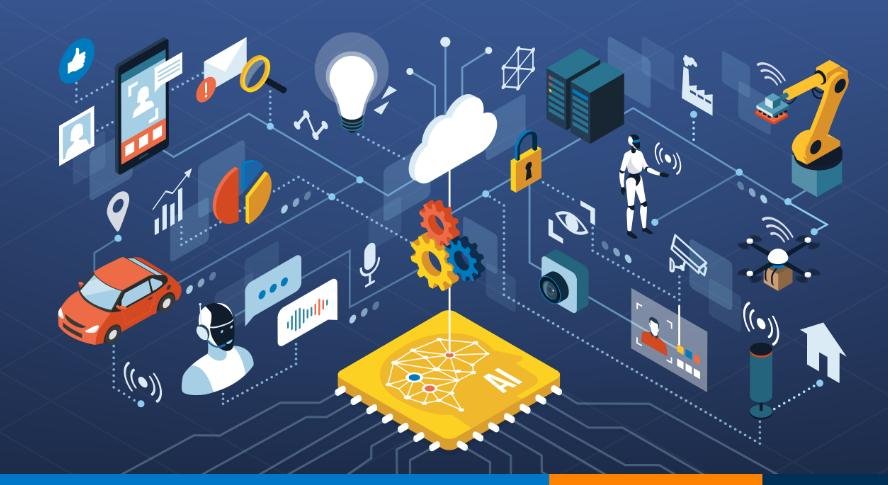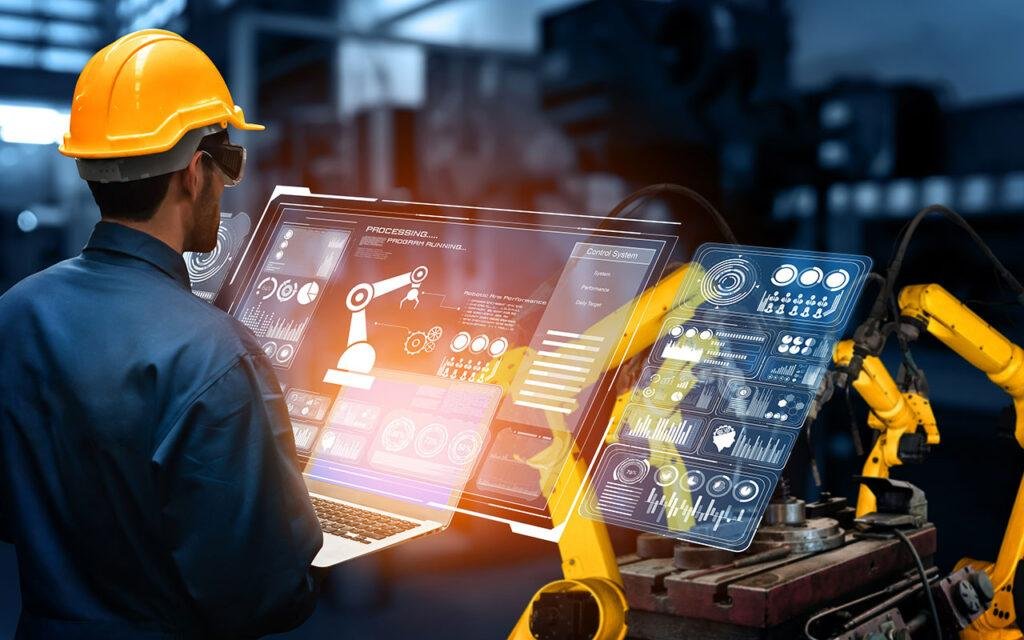Artificial intelligence and its future implications
This topic explores the current state of artificial intelligence (AI), its potential future developments, and the potential impact of AI on various industries and society as a whole.
Artificial intelligence (AI) has gained prominence in recent years due to technological advances enabling machines to perform tasks once considered exclusive to humans.

From self-driving cars to voice-activated personal assistants, AI is changing the way we live and work. However, as AI continues to evolve, it also raises some important questions about the future of society and the potential implications of this technology.
The current state of AI is marked by significant developments, with one of the most notable being the rise of machine learning. This type of AI enables computers to learn and improve from experience without requiring explicit programming.
This has led to significant advances in areas such as image recognition, natural language processing, and autonomous decision-making.
Another significant development in AI is the rise of deep learning. A type of machine learning that uses artificial neural networks to simulate the behavior of the human brain.
This has led to significant improvements in areas such as speech recognition, natural language processing, and computer vision.
Despite these advances, AI is still in its early stages of development, and many potential future implications remain uncertain. One of the most significant is the potential impact of AI on employment.
As machines increasingly perform tasks once done by humans, there’s a risk of widespread job automation. Potentially causing significant job losses and economic disruption.
In addition, AI has the potential to transform the way we work and live in several other ways. For example, it could lead to significant improvements in healthcare by enabling more accurate diagnoses and personalized treatment plans.
It could also revolutionize transportation by making self-driving cars a reality, potentially reducing traffic congestion and improving safety.
However, there are also potential risks associated with AI. One of the most significant is the risk of unintended consequences.
As machines become more autonomous and capable of making decisions, there’s a risk they could harm humans or society.
Another potential risk of AI is the impact on privacy and security. As machines become more adept at processing and analyzing vast amounts of data. People are concerned that misuse of personal data could harm individuals or society as a whole.
Despite these potential risks, there are also many potential benefits to AI. For example, it could enable more efficient and effective decision-making in areas such as finance and business.
AI could also drive significant improvements in education and entertainment by offering personalized experiences and more immersive interactions.
Technological advances, social and political trends, and economic forces will shape the future of AI.
As AI evolves, we must be vigilant about its implications and ensure it benefits society.
This demands ongoing research, investment, interdisciplinary collaboration, and transparent dialogue on its risks and benefits. 온라인카지노사이트





